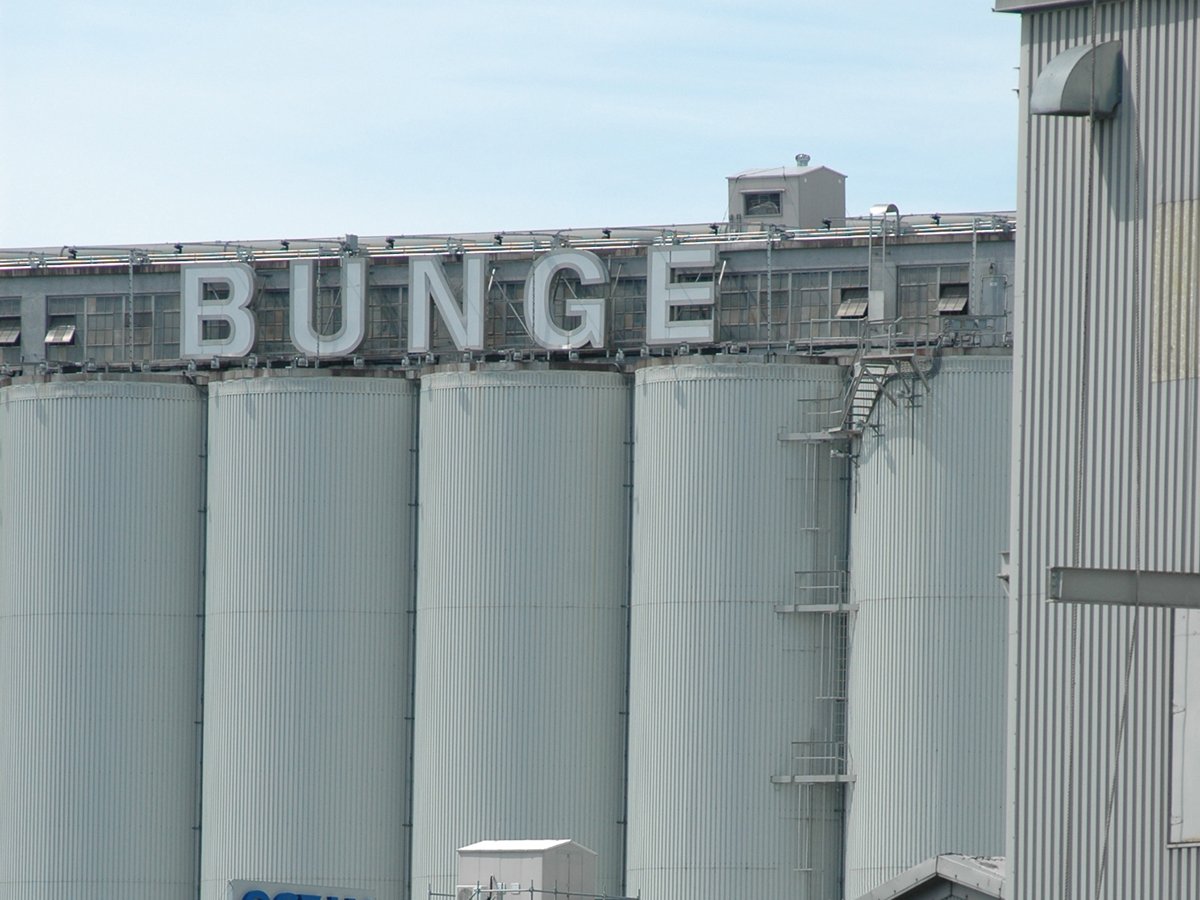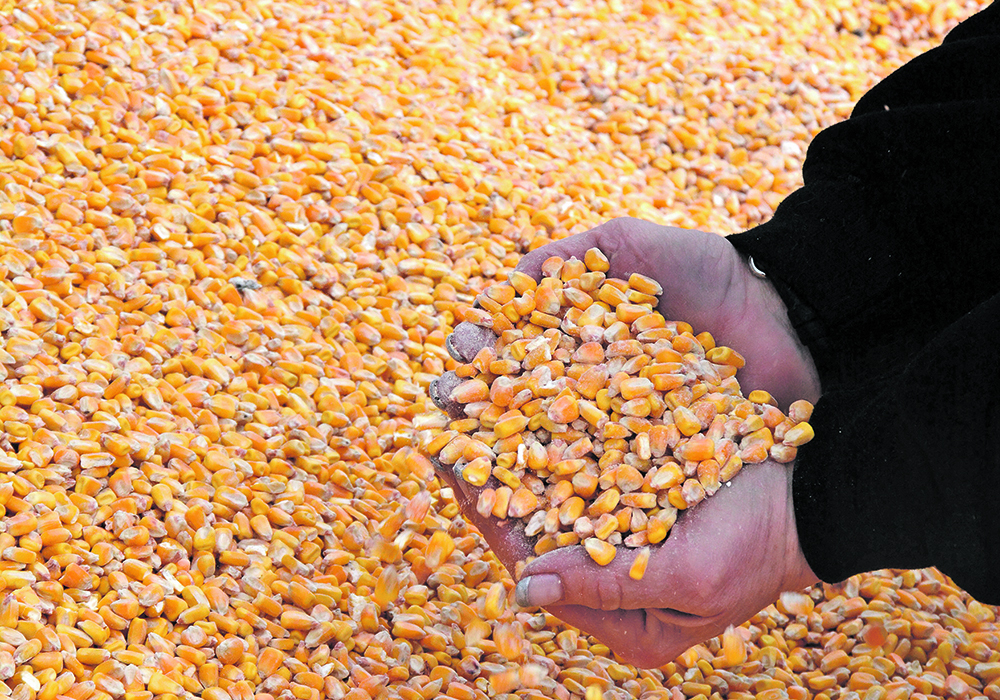BRUSSELS, Belgium (Reuters) — The European Union reached a provisional agreement March 20 to grant Ukrainian food producers tariff-free access to its markets until June 2025, albeit with new limits on imports of grains.
The European Commission proposed in January to suspend duties and quotas on Ukrainian farm produce for a further year with an “emergency brake” for poultry, eggs and sugar.
However, after months of protests from farmers over EU environmental rules and cheap imports, EU lawmakers pushed to extend the emergency list to other farm produce and add 2021 as a reference year. This was before Russia’s invasion, when Ukrainian exports to the EU were curbed by tariffs and quotas.
Read Also

Bunge’s crop mix is changing
Bunge has predominantly been a soybean processing firm, but that’s about to change after the merger with Viterra with softseed processing and grain merchandising gaining ground.
Negotiators for the European Parliament and the Belgian EU presidency agreed to add oats, maize, groats and honey to the list, while keeping the limit as the average of 2022 and 2023 imports.
Negotiators ensured the commission would act within 14 days, instead of an initially envisaged 21 days, if trigger levels were reached.
Ukrainian Prime Minister Denys Shmyhal welcomed the interim deal as “good news.”
French Agriculture Minister Marc Fesneau said import caps should be based on the 2021-23 average, and more cereals should have been included, notably wheat.
France is the EU’s largest wheat producer and exporter.
“We will need to continue working on it,” Fesneau said.
“This is not the position that France defended, even if there is a certain amount of progress.”
As part of the deal, the commission has committed to monitor imports of Ukrainian wheat and other cereals and take action if they disrupt EU markets.
Ukraine’s EU neighbours — Bulgaria, Hungary, Poland, Romania and Slovakia — have complained that the farm imports have upset their producers, leading to farmer protests and import bans. Shipments into those countries increased after Russia’s invasion of Ukraine hindered exports via the traditional Black Sea route.
Kyiv has said its farm exports are not damaging EU markets, particularly now that about 95 per cent of Ukraine’s agricultural exports go via the Black Sea.
It has also said the EU’s emergency brake based on average imports of 2022 and 2023 was acceptable, but that adding 2021 would have been unworkable.
The provisional agreement now needs to be approved by the European Parliament and EU governments, most likely to happen in April.
Shmyhal said he expected the arrangements to be agreed by the European Parliament in April.
“This ‘economic visa-free regime’ will allow us to maintain the dynamics of our exports, support Ukrainian producers and strengthen the foundation for further integration into the EU single market,” he wrote.















